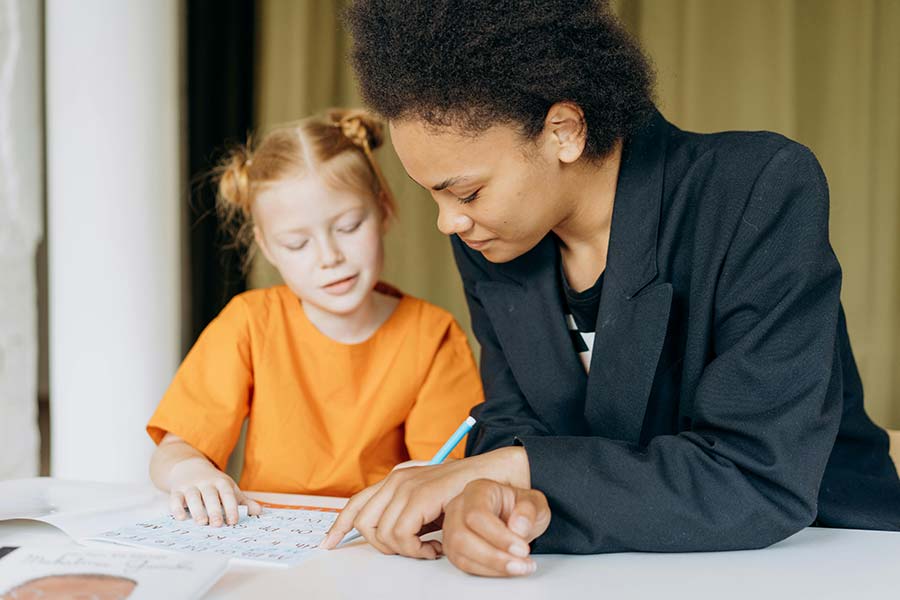Children's mental health services

School Linked Behavorial Health (SLBH)
Students face various challenges that can hinder their access to vital mental health and substance use services. These can include lack of transportation, financial constraints, and the stigma associated with seeking help. School Linked Behavioral Health (SLBH) aims to eliminate these barriers by providing direct access to comprehensive care within schools.
We have team members in Blooming Prairie public schools, Owatonna High School and Owatonna ALC.
Children’s Mental Health Targeted Case Management (CTCM)
Children’s Targeted Case Management is a voluntary service aimed at providing holistic support for children facing emotional challenges. Our case managers work closely with families to create customized plans that address medical, social, educational, and vocational needs, ensuring a comprehensive approach to mental health care.
Children’s Case Management Services Include:
- Assessment of functioning along with areas of strength and need.
- Development of a service plan including goals areas to enhance quality of life.
- Assessment of mental health, community services and resources to meet the child’s emotional, educational, health, financial and social needs.
- Coordination of support services such as social skills training, parent education, coping skills training, supportive counseling and crisis intervention.
- Coordination of resources/services for children and their families involved with multiple agencies and/or program.
- Assistance with coordinating, referring and monitoring needed services.
- Advocacy to ensure clients have access to needed services.
Children’s Therapeutic Support Services (CTSS)
Some children face intense emotional challenges that can disrupt their daily lives. Whether it’s anger, anxiety, or difficulties with peers, these issues can lead to a cycle of negative behavior and emotional distress. Addressing these problems promptly is crucial for your child’s development and well-being.
CTSS is a flexible package of mental health services for children who require varying therapeutic and rehabilitative levels of interventions to address the conditions of emotional disturbance that impair and interfere with the individual’s ability to function independently.
Services Provided:
Psychotherapy: A planned and structured face-to-face treatment of a recipient’s mental illness. Provided using the psychological, psychiatric, or interpersonal method most appropriate to the needs of the recipient; according to current community standards of mental health practice. Directed to accomplish measurable goals and objectives specified in the recipient’s lndividual Treatment Plan.
Skills Training: Designed to help the recipient develop social skills, self monitor, compensate for, cope with, counteract or replace skill deficits or maladaptive skills acquired during the course of or due to a mental illness.
Crisis Assistance: Crisis assistance is for the child, the child’s family, and all providers of services to the child to: recognize factors precipitating a mental health crisis, identify behaviors related to the crisis, and be informed of available resources to resolve the crisis.
